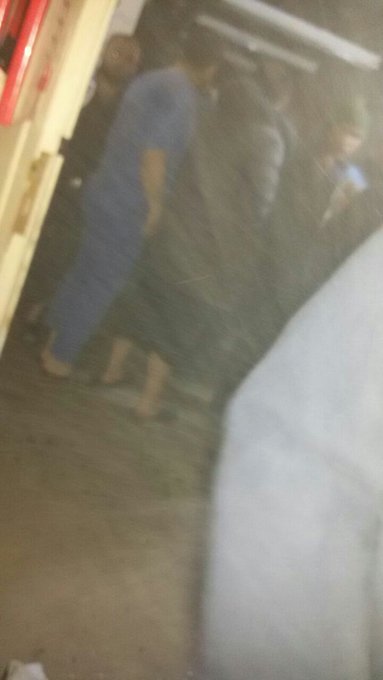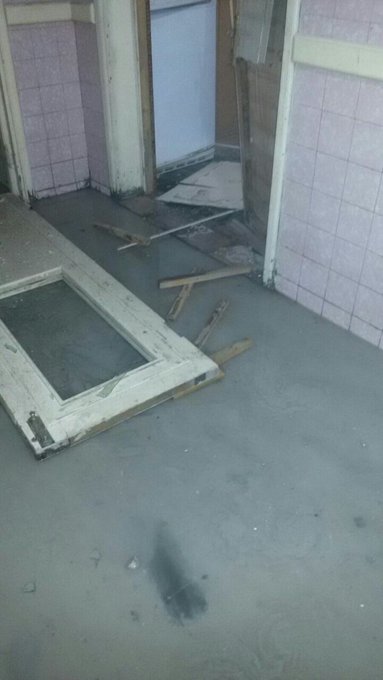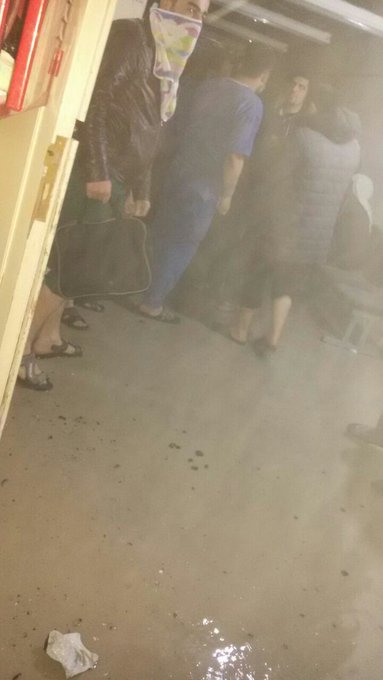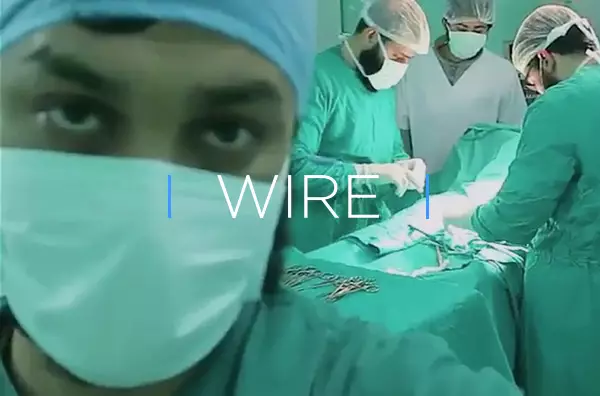
The world recoiled in horror this week when footage emerged from northern Syria showing men, women and children suffering the effects of a chemical gas attack.
The confronting images showed people struggling to breathe, barely conscious, with their nervous system plunged into panic mode.
At least 80 people were killed in that single attack - a third of whom were kids.
Credit: Ruptly
Advert
Some footage has also showed the victims being treated in damaged and dirty makeshift hospitals as doctors did everything they could to minimise their suffering.
Dr Shajul Islam, a doctor who graduated from the London Medical School, was one of those helping to treat the latest victims of this bloody war.
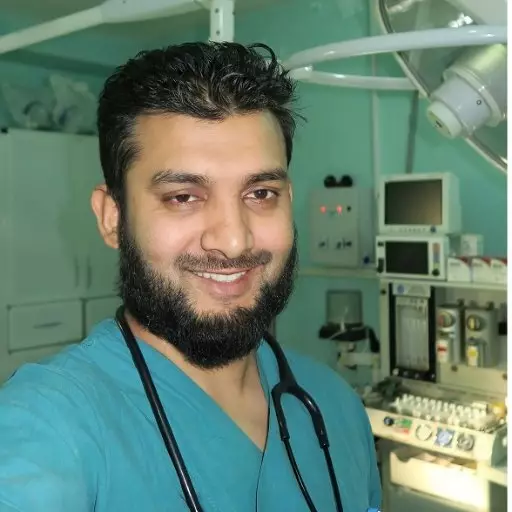
Credit: @DrShajulIslam/Twitter
Advert
He has told LADbible he's in the middle of his second deployment to Syria. His first was in 2012 when he spent three months in the country's north where the conflict was still in its early stages.
"When I entered, we really didn't have hospitals where we worked from," he told us. "It was more that we were working in people's basements, in cars from backpacks, and we'd work under the protection of rebels. So we would have to move around with rebels and set up clinics in people's houses.
"I remember how doctors were being kidnapped and killed anywhere there was a medical facility. In early 2013, the Assad regime made it legal for the military to target any facility which was treating rebels; so that gave justification for the air force to directly target medical facilities."
Dr Islam says a lot of the major medical and humanitarian charities were too scared to enter the warzone in 2012. Since then, organisations like Médecins Sans Frontières, Amnesty International and One Nation UK have been able to deliver vital supplies to the region.
But despite the overall improvement in facilities and supplies, it hasn't stopped the Assad regime, coalition countries and the Syrian Opposition from bombing hospitals.
"Over the last couple of weeks, we've seen an increase in the targeting of medical facilities," said Dr Islam. Six hospitals alone have been hit and destroyed and one of the doctors was killed. It's nothing new, we're just trying to adapt."
Dr Islam explained they moved hospitals into the basements of homes to avoid air strikes. But Russia is suspected to be behind several missile attacks which used bunker buster bombs. These devices are capable of penetrating deep into a building, destroying underground shelters.
So they transported their facilities into a network of caves which would support their equipment. That method worked up until this week - when the makeshift hospital was hit by eight missiles. Some of those are reported to have carried the deadly nerve agent of sarin gas. Although the strikes didn't destroy the cave - the shockwave alone obliterated everything inside.
Dr Islam was at a different hospital which began treating the victims of the attack. He posted this video on Twitter showing how nearly everyone was suffering symptoms of a chemical weapons attack. The footage is confronting:
Advert
Warning: Distressing Content
Do u still doubt that
But this is a scene that Dr Islam, his team and all the remaining doctors in the warzones confront everyday - and he says it's definitely taking its toll on his mental health.
"I can't show you on film the things I see, it's too graphic," he said. "I see children and women in pieces, suffering while they die. It stays with me, it haunts me. I close my eyes and what do I see? I see dead bodies, dead children. I see body parts, I see limbs, and I live that. That's me day in day out."
He explained that it's enormously stressful and exhausting working in the rundown facilities because they have to be ready at any moment. Dr Islam says there are roughly 30-40 air strikes in northern Syria every day - with each attack causing at least five or six casualties.
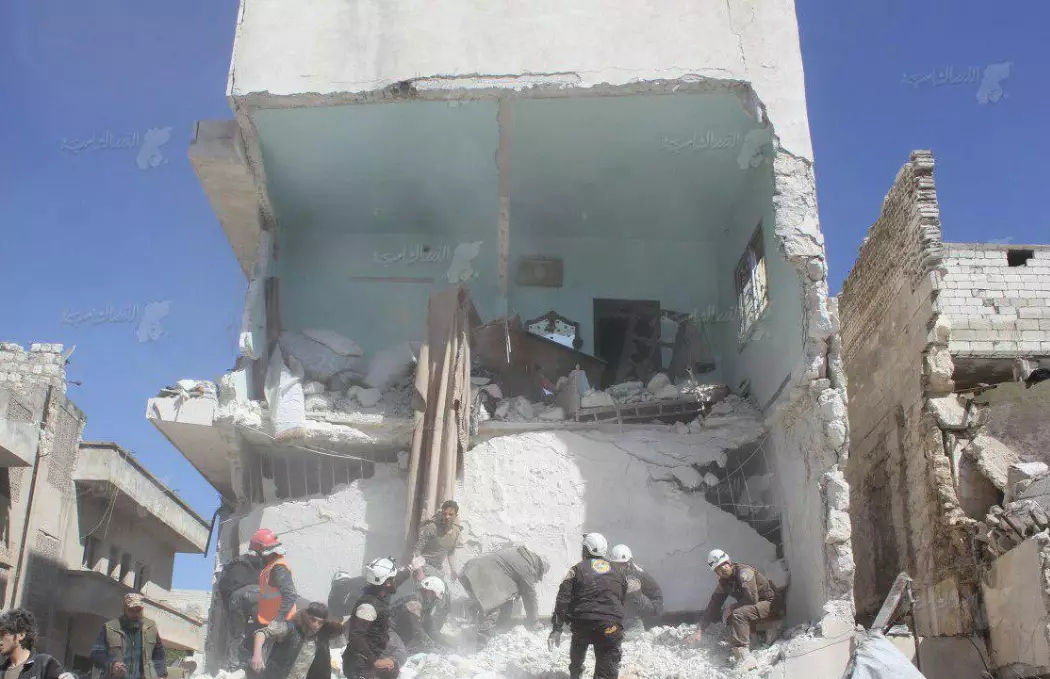
Credit: @DrShajulIslam/Twitter
Advert
"I have psychological problems no doubt," he told us. "I need help myself, but no one is going to give me that help. I have no one to go to for counselling, nor do the thousands of children who see their parents being blown to pieces.
"Most of the medical staff have psychological problems, but it's the Syrian population on the whole who have psychological problems."
The conflict entered its seventh year in March. The site I Am Syria documents all the casualties from the conflict and estimates 470,000 people have died so far. The author of the site says the Syrian-Russian alliance has been responsible for 82 percent of the deaths.
I don't see myself going back to the UK...and I don't think I will see the end of the conflict in my lifetime
Dr Shajul Islam
Advert
Dr Islam has given up hope that the world superpowers will help stop the conflict, as he said: "I'm not going to waste my breath trying to get the attention of the politicians, the presidents or the prime ministers of the world. They've failed the people. This is the seventh year of the conflict - they've had a long time to help and they didn't."
He is instead asking people around the world to help. While the conflict may seem hundreds of miles away from where ordinary people are, they can still help by donating to the charities who are on the ground.
"I don't see myself going back to the UK...and I don't think I will see the end of the conflict in my lifetime," he said sadly. "But I do hope we can reduce the suffering of the Syrian people."
If you would like to help, here is a list of charities and organisations who are helping:
White Helmets/Syria Civil Defence
Featured Image Credit: @DrShajulIslam/TwitterTopics: Mental Health, Syria, Russia

